Search Results
Showing results 401 to 420 of 449
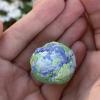
Seed Orbs
Source Institutions
In this activity, learners will make seed orbs to grow new trees and plants. Learners will explore ecology and life cycles as well as stewardship through this activity.

Extinct!: Are You Smarter than a Plant?
Source Institutions
In this online activity, learners find out whether they are smart enough to survive as a plant.
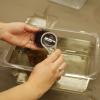
Tide Pool Survival
Source Institutions
In this activity, learners observe tide pool animals in a touch tank to consider how they survive.
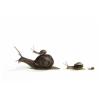
Small Snails, Enormous Elephants
Source Institutions
This activity (located on page 2 of PDF) introduces learners to the real size of animals using nonstandard measurement.

From Farm to Table
Source Institutions
In this activity, learners imagine the path their food takes from planting a seed, all the way to sitting on their kitchen counters. Explore concepts for each step food takes to reach your home.
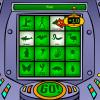
A Touch of Class
Source Institutions
In this online game, learners test their skills of categorization.
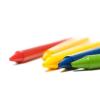
Spinning Your (Color) Wheels
Source Institutions
In this optics activity, learners use everyday materials to make a color wheel. When learners spin the wheel like a top, they will be surprised to see all the colors mixing together to appear white.
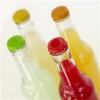
Tasty Visions
Source Institutions
In this activity (5th activity on the page), learners explore how what you see influences taste. In experiment 1, learners taste five sodas, one of which is clear soda with orange food coloring.
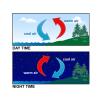
Turning the Air Upside Down: Spinning Snakes
Learners color and cut out a spiral-shaped snake. When they hang their snake over a radiator, the snake spins.
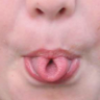
Family Traits and Traditions
Source Institutions
In this activity, learners play a matching game with their families to discover common inherited traits and traditions. Learners distinguish between inherited traits and learned traditions.

Right Ear/Left Ear
Source Institutions
In this activity (4th on the page), learners conduct a series of tests to find out which of their ears is more dominant.
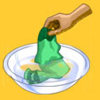
Oil Slick
Source Institutions
Can you think of ways to collect and dispose of spilled oil without causing further harm to the environment?
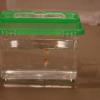
Fish Features and Habitats
Source Institutions
In this activity, learners observe live fish in tanks to consider how their body structures are related to their behaviors and habitats.
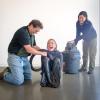
Feeling Pressured
Source Institutions
In this activity, learners (at least three) work together to explore the effects of atmospheric pressure.
Mix and Match
Source Institutions
In this optics activity, learners explore color by examining color dots through colored water and the light of a flashlight.
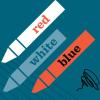
The Stroop Effect
Source Institutions
In this activity, learners experiment with the Stroop Effect by challenging themselves and others to try and read a list of colors as quickly and accurately as possible, with a twist.
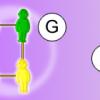
Yummy Gummy Double Helix
Source Institutions
In this activity, learners make their own edible DNA double helix out of candy and find out about the shape of DNA.
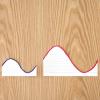
Soap-Film Interference Model: Get on our wavelength!
Source Institutions
By making models of light waves with paper, learners can understand why different colors appear in bubbles.
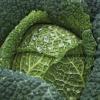
Kale Chips
Source Institutions
In this activity, learners will turn healthy greens into crispy snacks. Explore concepts of nutrition, dehydration and cooking to create healthy food.
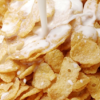
Iron for Breakfast
Source Institutions
Did you know that some breakfast cereals are fortified with ferric phosphate, while others contain tiny pieces of reduced iron?
